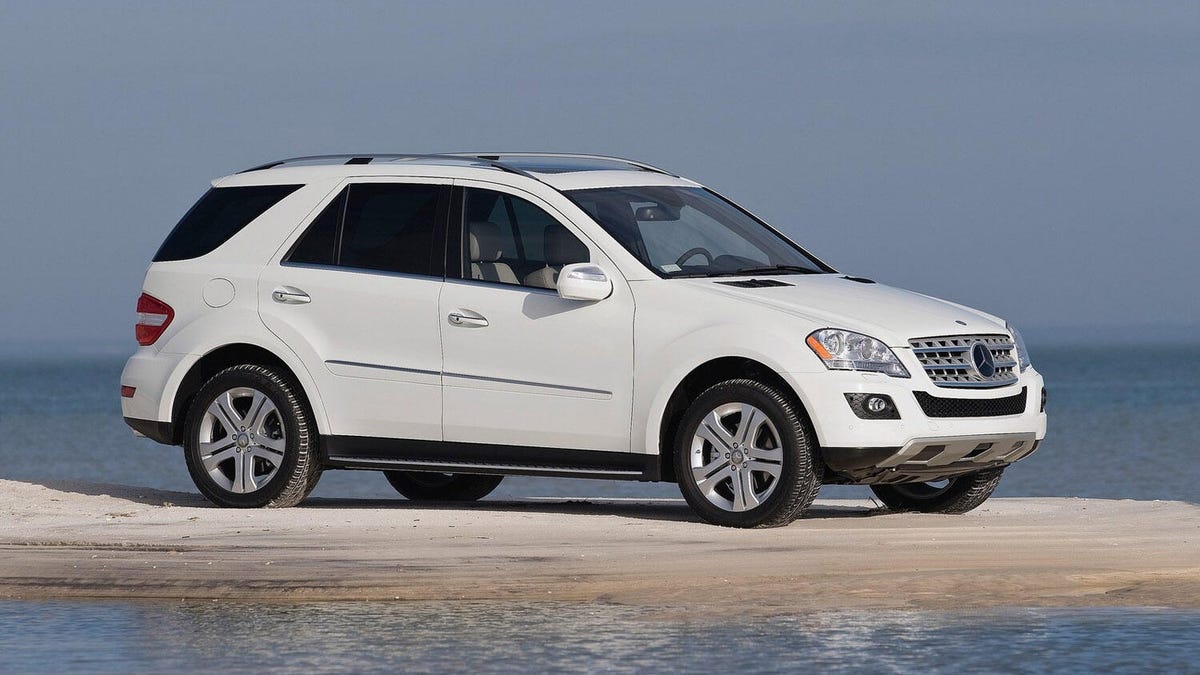Mercedes-Benz Recalls 1 Million Vehicles Worldwide for Brake Problems

Losing power brakes is troublesome, but losing the entire braking system is a grave concern.
What's happening
Mercedes-Benz has issued a recall for nearly 300,000 vehicles in the US and over 1 million worldwide. Most are more than 10 years old.
Why it matters
Loss of power braking can increase stopping distance, while loss of the whole braking system can greatly increase the risk of a crash.
What's next
Mercedes-Benz has issued a stop-drive notice for the affected vehicles until they can be inspected and repaired.
Some vehicle recalls are limited to the US, but others can affect vehicles around the world. The latter is the case for the latest Mercedes-Benz recall.
The German automaker has issued a recall for approximately 1 million vehicles across the globe, of which about 292,000 are located in the US. The stateside portion of the recall covers variants of the GL-Class, M-Class and R-Class crossovers between the 2006 and 2012 model years, with production dates spanning from Oct. 21, 2004, to July 11, 2012.
The problem stems from the brake booster, which is an under-hood component that creates the vacuum in power-braking systems. If the booster is exposed to a great deal of water, it may corrode, causing the booster to leak. If this happens, you may need to press the brake pedal much harder in order to bring the vehicle to a stop -- anyone who has driven a car without power brakes may be familiar with the feeling.
According to the recall documents filed with the National Highway Traffic Safety Administration (PDF), there is a "rare case" that pressing the brake pedal may actually damage the booster and cause the brake system to fail entirely.
Remedying the problem is a little complicated. First, dealership technicians will inspect the recalled vehicles' brake boosters for corrosion. If there is none, the vehicles can continue to be driven normally. If corrosion is discovered, an additional test will determine how quickly the brake booster requires replacement. Cars with only mild corrosion "may be driven for up to two years," the recall document states, but they must eventually return for a replacement.
In addition to the standard practice of informing owners about the recall via mail, which is already underway, Mercedes-Benz is also issuing a stop-drive notice for these vehicles, recommending owners keep their vehicles parked until they can be taken in for inspection. If you happen to own a vehicle that falls within the realm of this recall and have not received a recall notice, you can call your dealership to determine your next steps.

